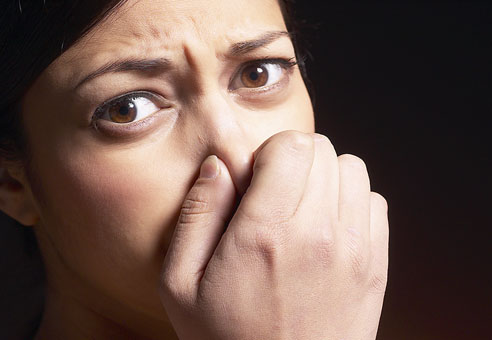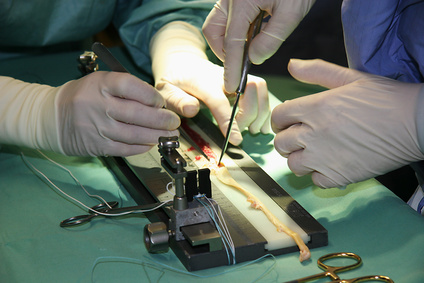Combating Bad Breath: A Breath of Fresh Air
Bad breath, also known as halitosis, is a prevalent concern. The primary culprit behind bad breath is the buildup of bacteria on the tongue and between the teeth. These bacteria produce volatile sulfur compounds (VSCs), which are responsible for the unpleasant odor. To combat bad breath, the key is to disrupt these bacterial colonies and promote oral hygiene. Here are some effective strategies:A simple and readily available solution is a saltwater gargle. Mix a teaspoon of salt with warm water and gargle for a minute or two. The salt helps neutralize the acidity in your mouth, creating an environment less hospitable to odor-causing bacteria. This is a quick and effective way to freshen your breath, especially when you're caught without mouthwash. Brushing your teeth twice a day and flossing once daily are the cornerstones of good oral hygiene. Brushing removes food particles and plaque from the tooth surfaces, while flossing dislodges debris between teeth, where bacteria love to thrive. By maintaining a consistent brushing and flossing routine, you can significantly reduce the bacterial population in your mouth and keep bad breath at bay. The tongue is a prime real estate for odor-causing bacteria. Brushing your tongue gently with your toothbrush or a tongue scraper can help remove bacteria and food debris that contribute to bad breath. Staying hydrated is crucial for overall health and oral hygiene. Drinking plenty of water throughout the day helps stimulate saliva production. Saliva plays a vital role in washing away food particles and bacteria in the mouth, naturally refreshing your breath.
Neutralizing Smoke and Hangovers: Restoring Freshness
Exposure to secondhand smoke or lingering cigarette smoke on your clothes can be unpleasant. Here's a quick fix: head to a restroom and utilize the hand dryer. The hot air helps vaporize smoke molecules and can also help lift and remove smoke particles from your clothes. If you have time, consider airing out your clothes in fresh air to eliminate any remaining smoke odor. The morning after a night of indulgence can bring its own olfactory challenges. To combat hangover breath, grapefruit juice comes to the rescue. Grapefruit juice contains enzymes that can help accelerate the metabolism of alcohol, potentially reducing the duration of alcohol-related breath odor. However, it's important to note that grapefruit juice can interact with certain medications, so consult your doctor before incorporating it into your routine. Avoiding darker liquors, which contain more congeners (chemical byproducts of fermentation), can also help minimize hangover symptoms, including unpleasant odors.
Banishing Body Odor: Maintaining Freshness on the Go
Body odor, caused by the breakdown of sweat by bacteria on the skin, is a common concern. Here are some tips to manage body odor and stay fresh throughout the day: Showering or bathing regularly, especially after exercise or sweating heavily, is essential for removing sweat and bacteria from your skin. Using an antibacterial soap can provide additional odor-fighting benefits. Antiperspirants work by blocking sweat glands, reducing sweat production. Deodorants, on the other hand, mask body odor with fragrance. Choose an antiperspirant or deodorant that suits your needs. Clinical-strength antiperspirants may be necessary for excessive sweating. Choose clothing made from natural, breathable fabrics like cotton or linen. These fabrics allow your skin to breathe and prevent sweat buildup, which can contribute to body odor. Keeping extra clothing on hand, especially socks and shirts, can be a lifesaver if you find yourself sweating excessively during the day.
Foot Odor: Keeping Your Feet Fresh
Foot odor, caused by bacterial growth in a warm, moist environment within shoes, can be embarrassing. Here are some tips to keep your feet fresh and odor-free: Wash your feet thoroughly with soap and water at least once a day, especially after exercise or wearing closed-toe shoes for extended periods. Dry your feet completely, paying particular attention to the areas between your toes, as moisture promotes bacterial growth. Wear socks made from breathable materials like cotton or wool, which help wick away sweat. Change your socks daily, or even more frequently if your feet tend to sweat a lot. Allow your shoes to air out completely between wearings. Consider using foot powder or shoe inserts with odor-absorbing properties. In severe cases of foot odor, consult a doctor or podiatrist to rule out any underlying medical conditions.
Eliminating Fishy Smells: A Fresh Approach
The persistent odor of fish can be challenging to eliminate, especially from hands and kitchen surfaces. Here are some effective strategies for banishing that fishy smell: Washing your hands thoroughly with soap and cold water immediately after handling fish is crucial. Rubbing your hands with lemon juice or vinegar can help neutralize the odor. For kitchen surfaces, a solution of diluted bleach (follow safety instructions carefully) can be effective in removing fishy smells. Baking soda can also be used as a deodorizer; sprinkle it on surfaces or place an open box in the refrigerator to absorb odors. Ensuring proper ventilation while cooking fish can help prevent the odor from lingering in your home. These methods will help you get rid of that fishy smell.
1 Mayo Clinic. 2 National Institutes of Health. 3 American Academy of Dermatology. 4 International Hyperhidrosis Society. 5 The National Institute of Dental and Craniofacial Research (NIDCR).













